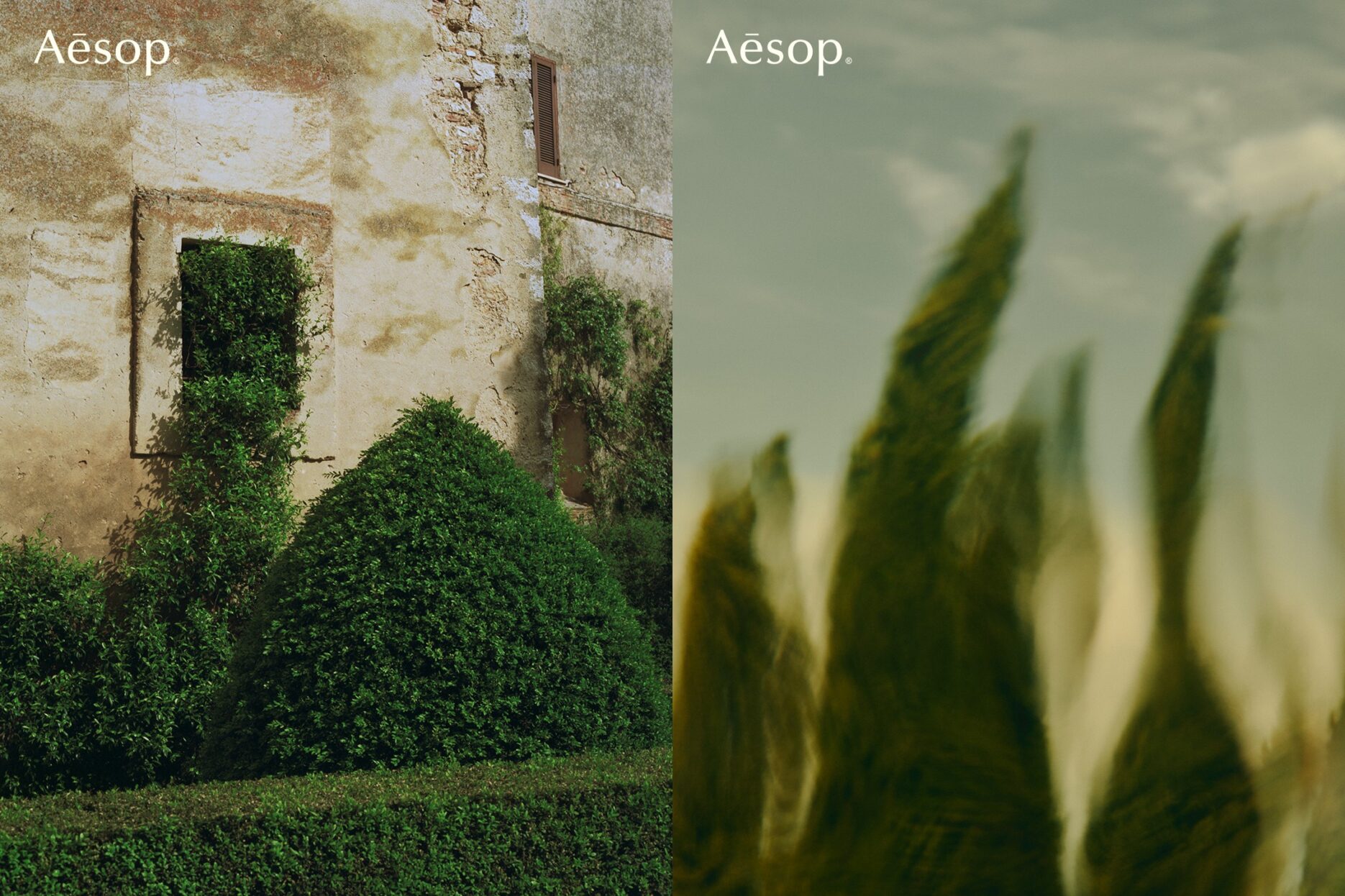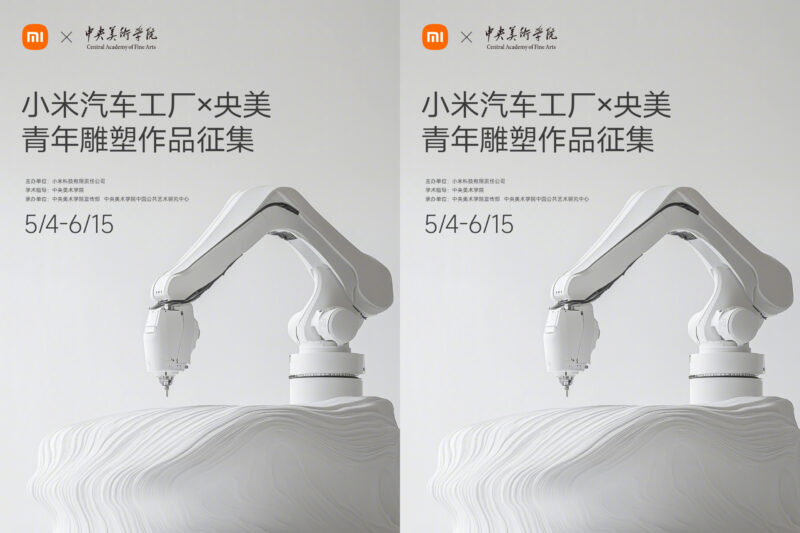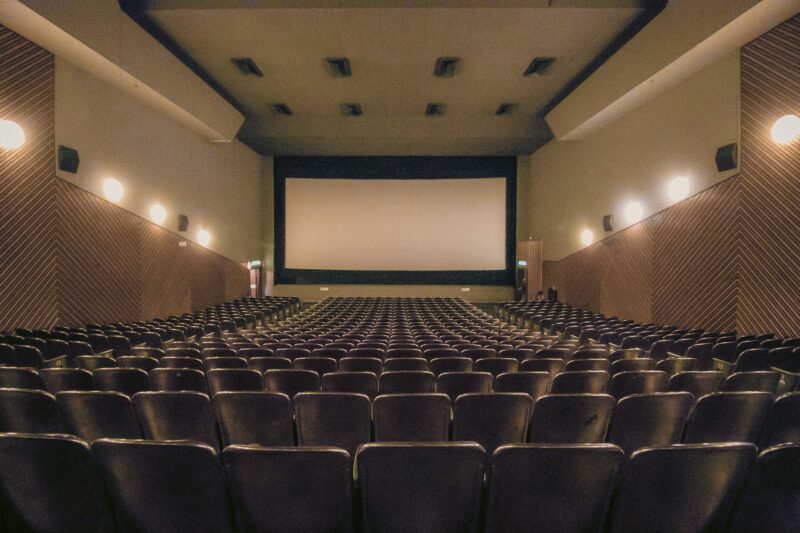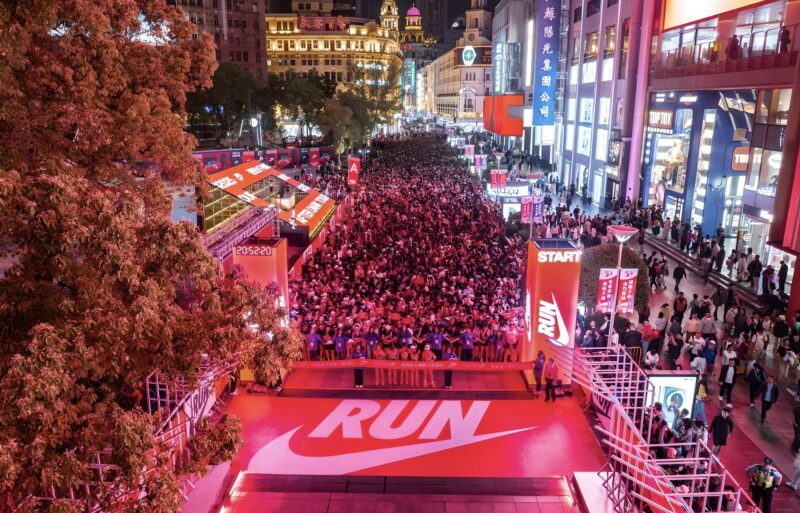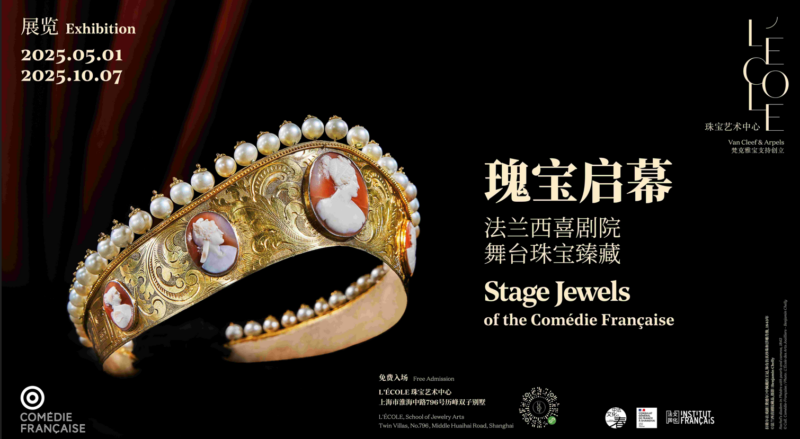As summer approaches, it is once again graduation season for students across China. Graduation is closure, but also marks new beginnings for those entering the next stage of their life. To pay tribute to the transformative moment, Australian luxury cosmetics and fragrance brand Aesop launched a special zine paying homage to graduation season, with the help of two publications, the American youth culture magazine Nylon and the Chinese literary journal for students and young readers, Mengya (萌芽).
The three-way collaboration started as a call for letters from readers of the two magazines. 13 letters were selected from the ones received and compiled into a special issue titled, “Summer Special: Green Memory”. The zine, in turn, will be given away at 20 Aesop stores across the country. Nylon then posted excerpts from the graduation letters, along with editorial notes on their social media accounts as a preview for Aesop and Mengya to repost.
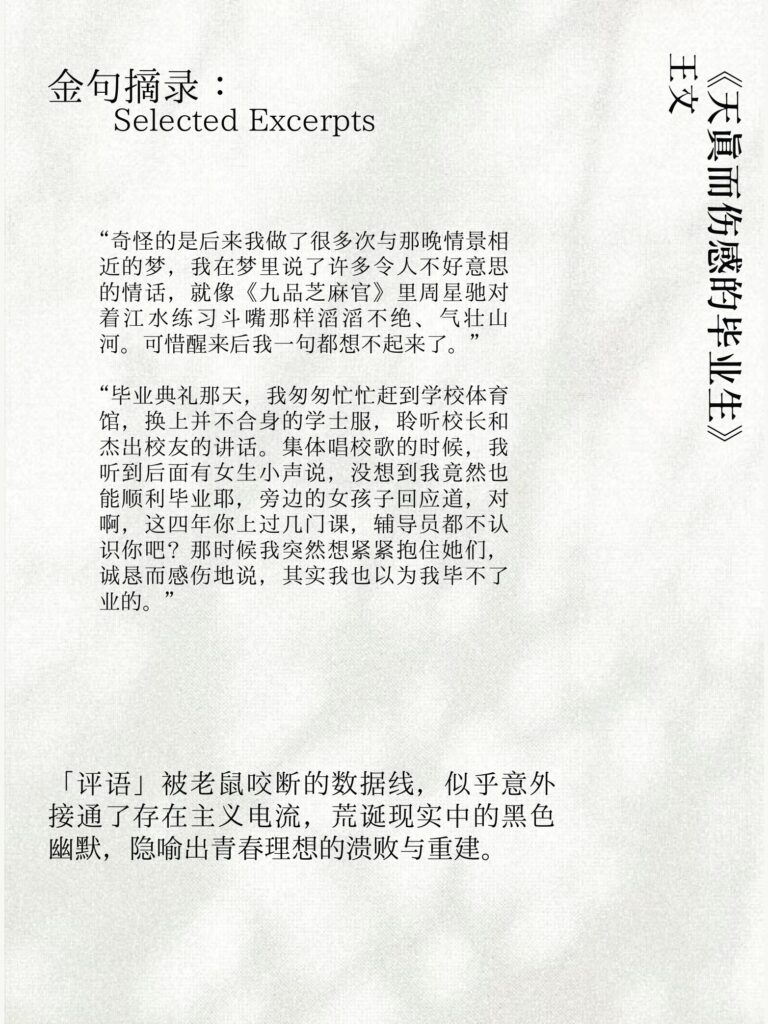
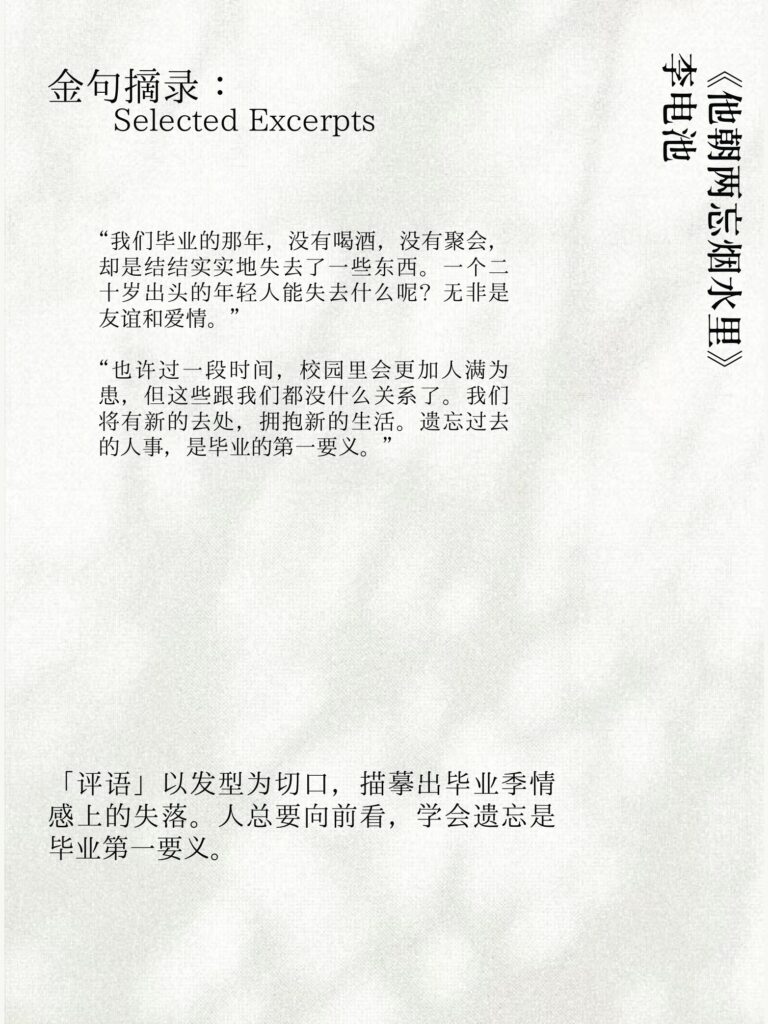
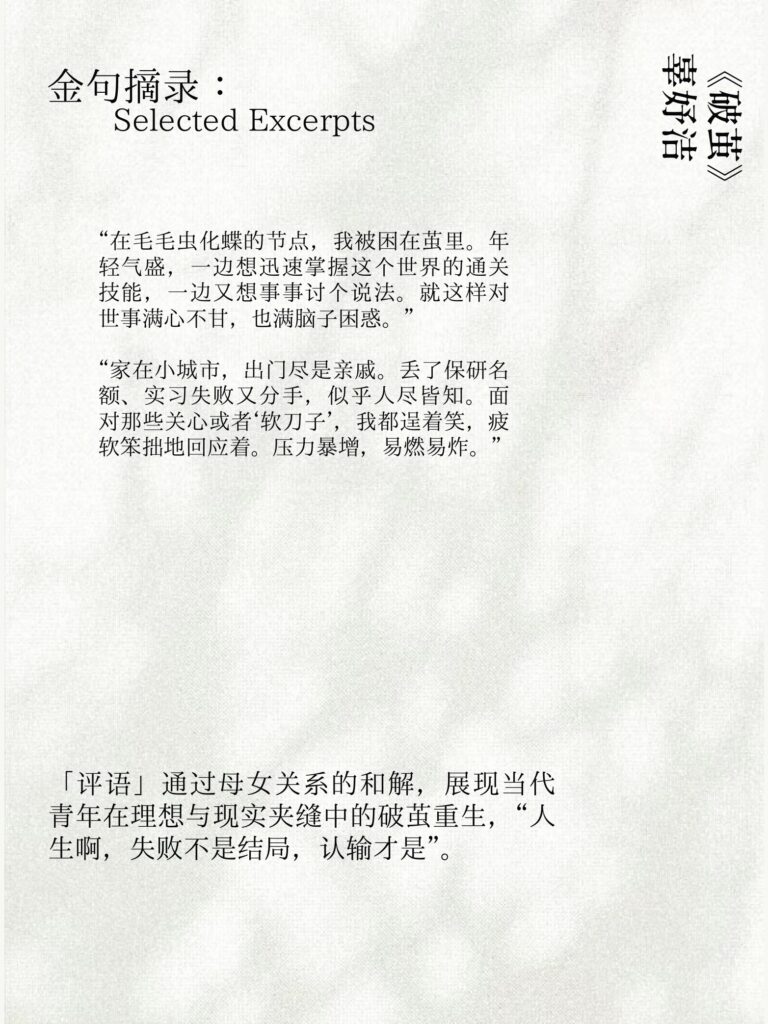
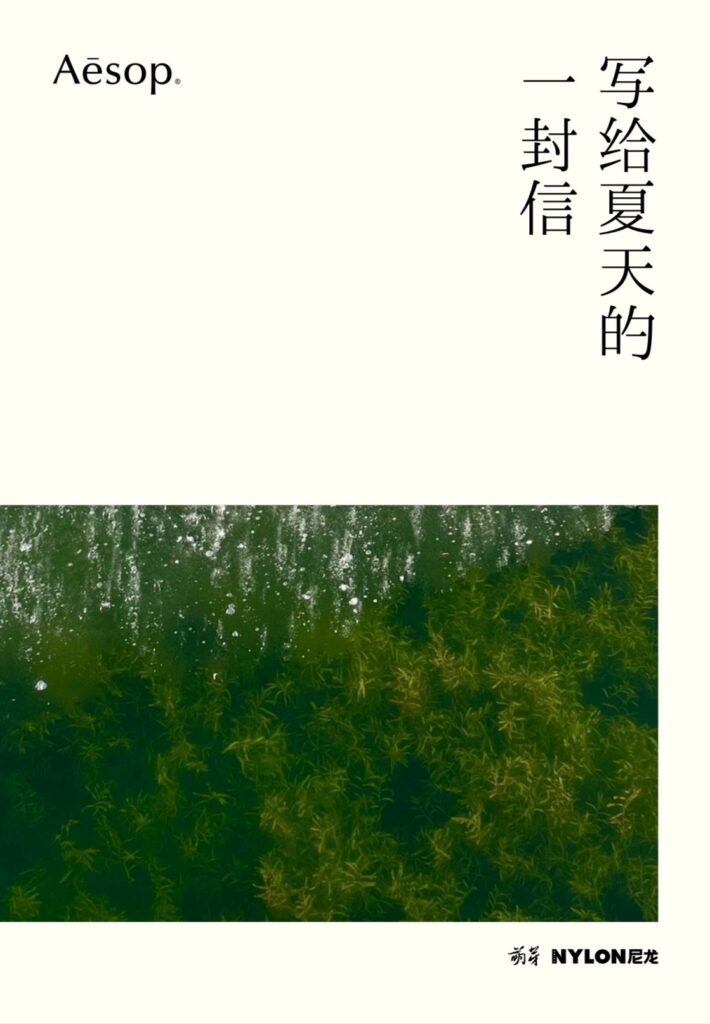
Poetic and literary marketing has been in line with Aesop’s brand image since day one, but it has also been picked up by others. From luxury brands like Bottega Veneta’s collaboration with poet Yu Xiuhua to To Summer, a local competitor in the fragrance space, launching its “Nosepaper” literary periodical. Even Shanghai Mental Health Centre and BiliBili used poetry as the medium for their collaboration.
The wide adoption of poetry and literature in China’s marketing in general is likely due to two reasons: the rise of “emotional value” as part of Chinese consumers’ decision making and the “art and culture” (文艺) or “xiaozi” (小资, lit. petit bourgeois) lifestyle among urban youth. Literature, in this sense, can provide resonating messages for the first crowd, while representing the cultured lifestyle for the second. It is a natural approach for brands targeting specific audiences, such as educated urban young professionals or students, who in turn will respond well to literary marketing campaigns.
Need to boost your China strategy? Dao Pro delivers bespoke insights on marketing, innovation, and digital trends, direct from Chinese sources. Find out more from our Dao Strategy Team here.




